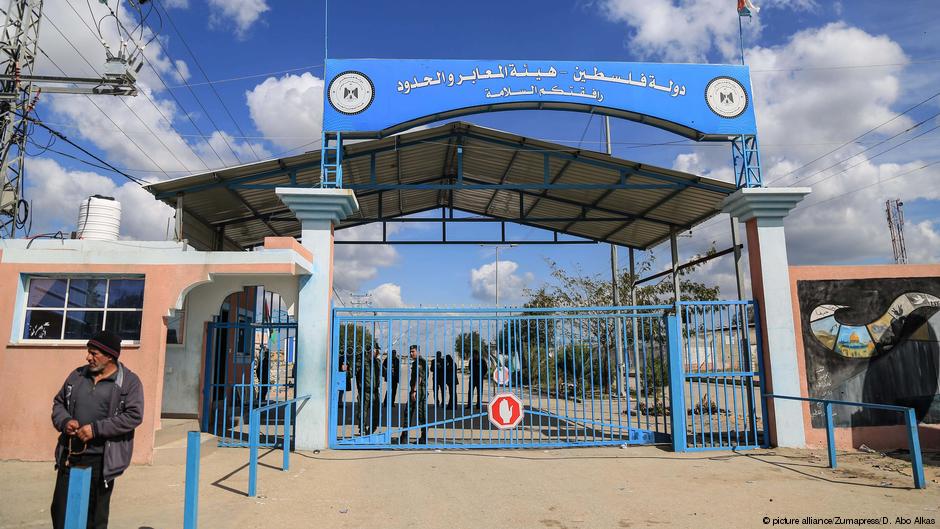The best way to promote any book is to confiscate it. It’s a rule of thumb for writers whose books were banned and hence made huge sales unofficially because, according to another universal principal, forbidden fruit tastes sweetest.
In the 1980s it was rumored in our literary circles that there was this one author who would deliberately include controversial religious views in his new releases, then file complaints against his own book claiming that they offended the Almighty. As soon as he’s interrogated and his book banned, he would run to human rights organizations abroad for help, ranting about how he was subjected to moral abuse during the interrogations and how his rights to free expression and creativity have been violated.
Our own venerable institutions would often volunteer to draw attention to less than mediocre works, demanding they be banned or their authors taken to court. Many of these books would not have achieved such wide appeal had the issue been left to the discretion of our discerning readers, whose assessment is usually spot on.
My observations come in light of recent events at that Cairo International Book Fair. It seems that some publishing houses are finding this to be a good way to promote their books at the fair. The Arabic press ran stories which were blindly circulated without any fact-checking, about books being confiscated. One small-time newspaper even brandished a headline saying: “Amid complete silence from the Writers’ Union, books are confiscated at the Fair. (!)
A few days ago, a journalist called me requesting a comment from the Writers’ Union about the confiscation of these books in Egypt, considering it a stark violation of freedom of expression and hence must top the Writers’ Union’s agenda.
“Why didn’t the Writers’ Union take any stand to protect freedom of expression? Why have you remained silent about book censorship at the Fair? asked the journalist.
“Have you verified the facts before attempting to write this? I asked her.
“I don’t need to fact check anything, she said. “It’s all over the papers, haven’t you read it?
“But why would you want to cover a story that’s been already covered to death? I said. “Wouldn’t you rather choose a fresh topic nobody’s covered before?
No sooner had I said that, than she pounced at the opportunity: “Do you have a scoop? she said.
“Yes, I replied, amid her desperate pleas.
“The exclusive is that the two books you mention have, in fact, not been confiscated and are both available at the fair. This is what nobody else has written, I said.
“Thank you very much for that, she said. “I’ll write my story immediately.
“My advice is that you don’t take what I just said as the truth the way you did the first time round. You should visit the wings of the two publishing houses at the fair and see for yourself. I also advise you to have a photographer snap pictures of both books on the shelves and of you buying them. You should then research the topic and write a complete reportage on the reasons behind these censorship allegations, building your story on facts that you have verified yourself. Never take anything you hear for granted.
“But how dare I check what you’ve told me? she responded. “You are a trusted source. I shall take your words as the truth.
Mohamed Salmawy is President of the Arab Writer’s Union and Editor-in-Chief of Al-Ahram Hebdo. This article is syndicated in the Arabic press.


